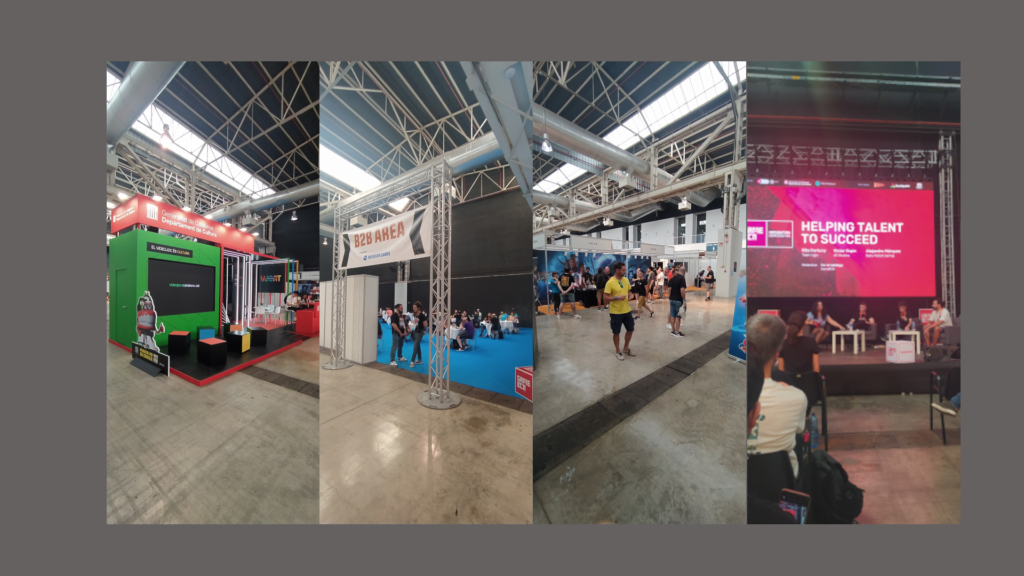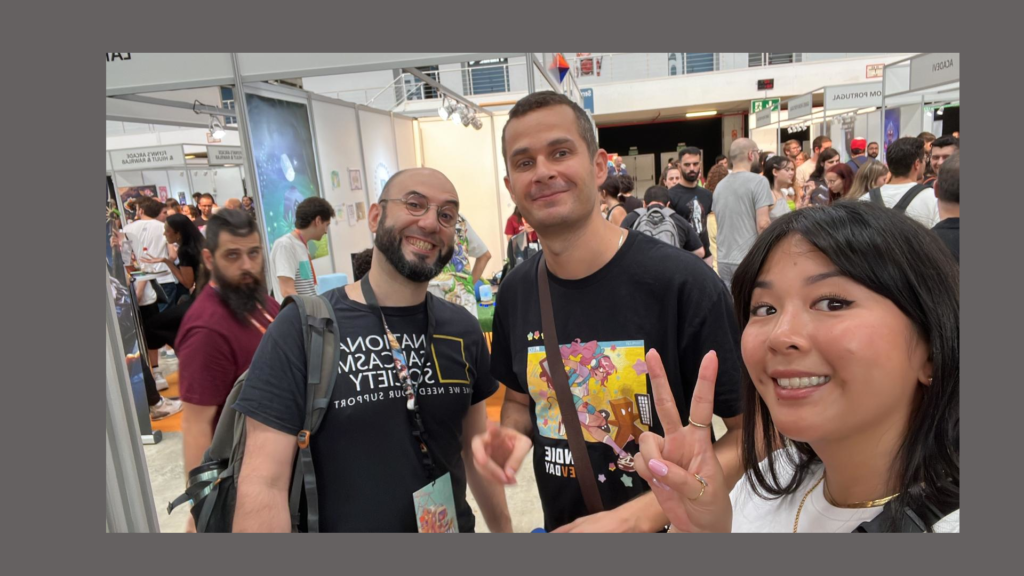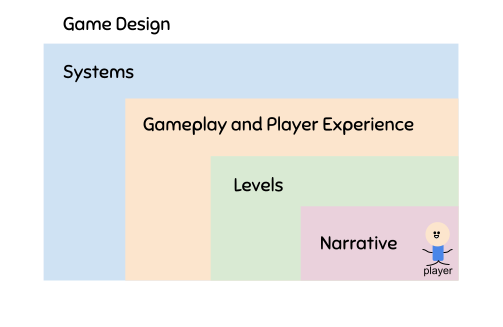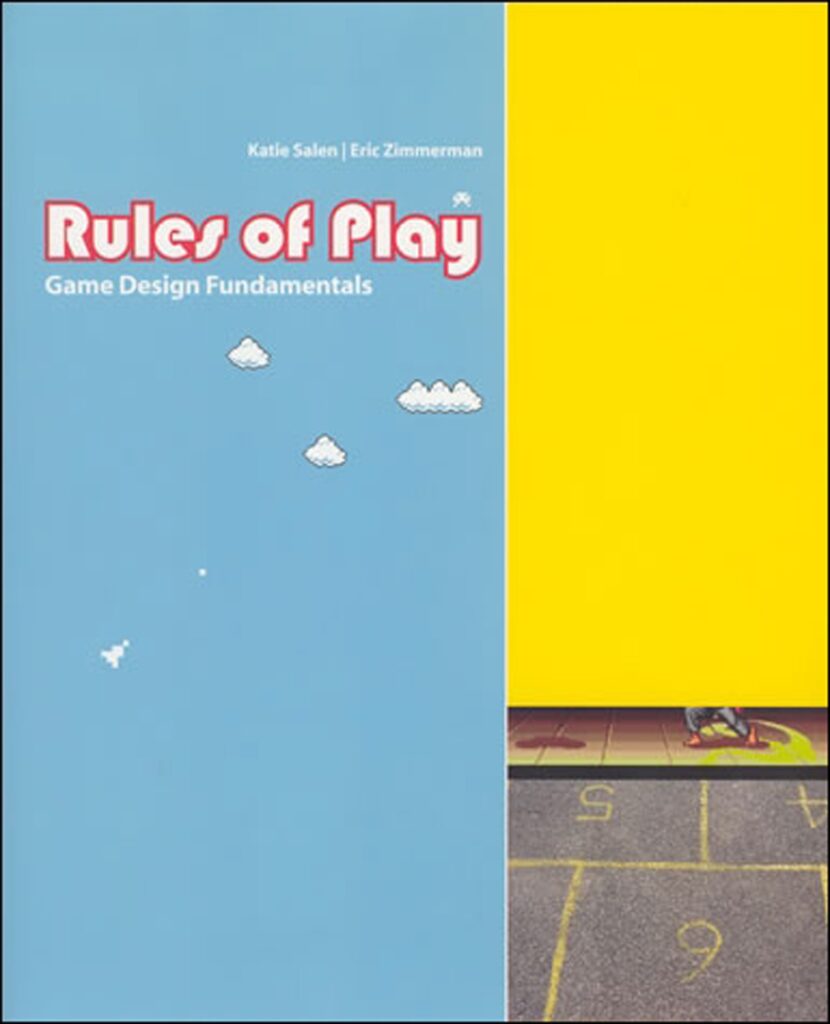Every time I hear about web3 I feel mixed sentiments. Some week ago at a local games fair, an executive I know asked me “Why are you against NFTs?“. The fact is that I am not against any technology.
I just have my point of view, probably wrong on many points as every point of view. Today I want to expose the contrast I have.
I will always support creators
First of all, to me attacking any creator is like a mortal sin. There are people really struggling for innovation working hard every day. I admire and respect those people. They have also the luxury of playing with new toys (blockchain, NFTs, and so on). I worked for one client on a project like this and I clearly saw vision and passion. It may work, it may not. But the passion is there.
Nobody should attack the others for their ideas. I blocked very smart professionals who spend their time attacking others (including me). To me, spaces like LinkedIn are to lift others up. So, to any creator out there: go for it!
Web3 is about solving a problem
On the other side, I have my experience and my career. And what I know is that game companies are not tech companies. Tech companies create technologies to solve problems, their business is there. Games companies, instead, are in the entertainment business. In games, we use many technologies to entertain people and also to improve our business operations.
When I read things like “web3 has proven to be the revolution…” honestly I smile. Web3 means nothing for people and gamers. If they want to play a game, they run their console/mobile/PC and play. Someone plays on web browsers. They look for entertainment, not for web3 entertainment. They choose where to play, at a desk, on the sofa. Web3 offers no new places to play. So that it’s not a revolution.
Web3 is a set of technologies that can in the future solve the huge issue of payment systems and platform fees. Everyone dreams of skipping those costs, so I understand why it can be important. But consumer side, there is nothing valuable to me.
When I play a game with a progression system, a strategy, or an RPG, I already have the feeling that I own what I have inside of the game. What I have inside of a game makes sense only inside that magic circle. There is no value in bringing it outside. Some game like Baldur’s Gate 1 lets you export your character for the second chapter. And that’s cool, but you don’t need web3 for that.
As long as I don’t see any new venue to play or a revolutionary form of entertainment for the players, I will never give credit to any web3 storytelling.



